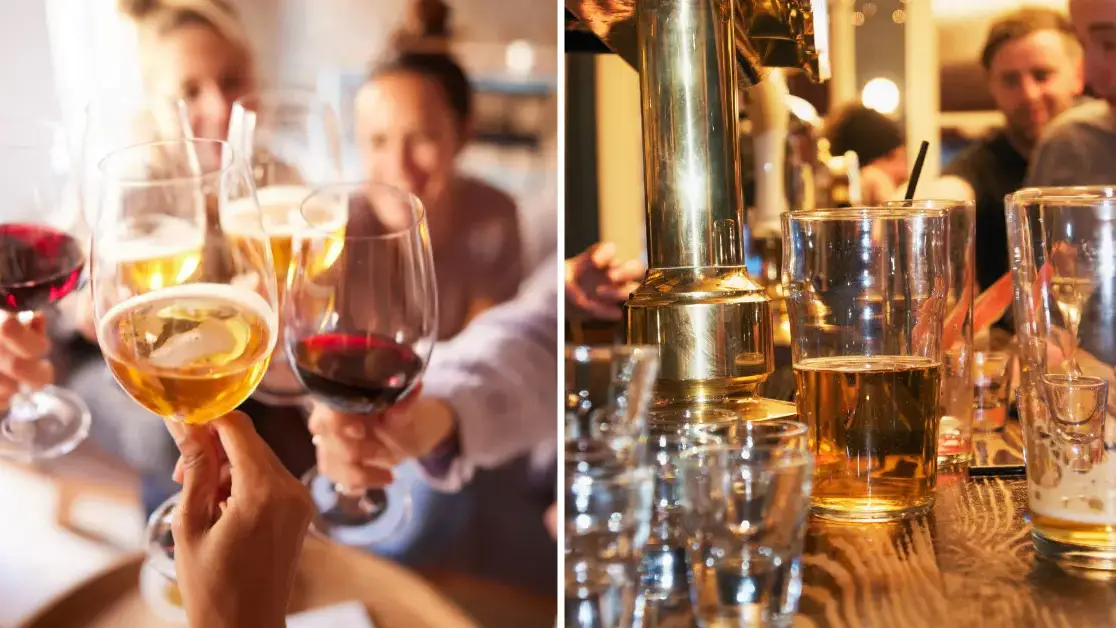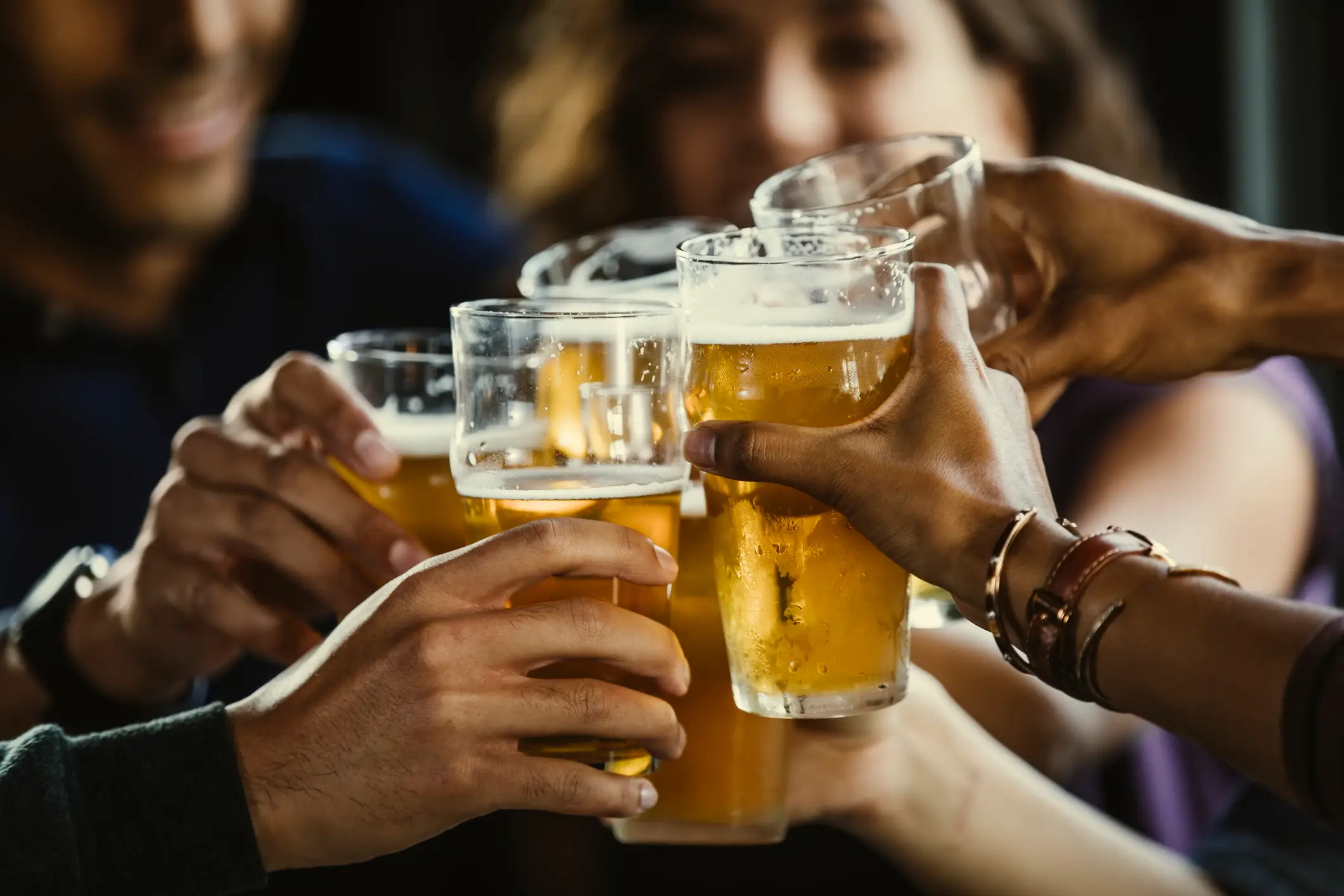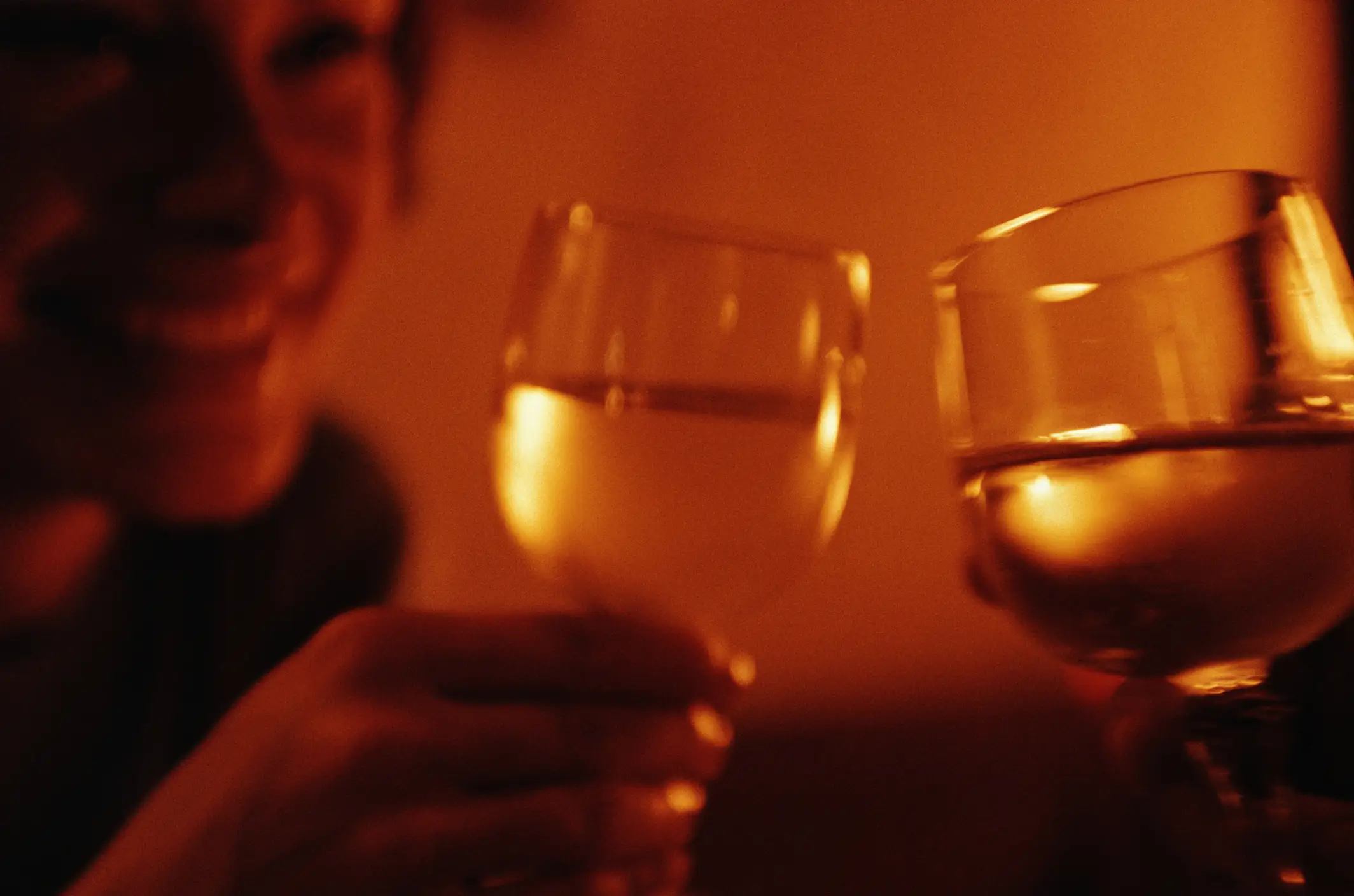
Christmas is just a little over a month away now and it's clear many of us will be indulging a lot more in the drink department amid the flurry of festive parties and Sunday roasts.
Whether it's pints of lager, happy hour cocktails or just bucketloads of mulled wine - there's no doubt that us Brits will do some serious boozing this winter.
However, according to scientists, there's apparently one type of alcohol which is most likely to make you obese and immobile.

Advert
A group of US researchers investigated the drinking habits of almost 2,000 adults and found that those who opted for beer as their drink of choice had the highest daily caloric intake and the lowest level of physical activity.
Due to this, the experts said, those you love a pint (or five) could be at a much higher risk of obesity and its related diseases.
Dr Madeline Novack, the lead author of the study who is also a researcher in internal medicine at Tulane University, said the negative effects of excessive alcohol, including liver disease, can often be exacerbated by poor diets.

The researchers compared the diets, information which was collected through extensive questionnaires, of more than 1,900 US alcohol drinkers against the 100-point Healthy Eating Index which is an American measure of diet quality.
They found that a little over a third (38.9 percent) consumed only beer while a fifth (21.8 percent) only drank wine.
Additionally, 18.2 percent favoured liquor as their go-to drink while 21 percent preferred a combination of drinks.
The scientists found that none of the groups even came close to achieving a score that indicated an 'adequate diet' - a figure above 80.
However, fans of the vino scored 55 while liquor-only and combination drinkers earned nearly 53 points.

Beer guzzlers were found to have the lowest score at a far from satisfactory 49 and they were likewise reported as eating the most calories and doing the least amount of exercise.
While Dr Novak also noted that those alcohol drinkers were more likely to be male, younger, smokers and low-income, she suggested that the stark differences in diet may be more a result of the context in which the alcohol is more likely to be consumed.
For example, red is commonly paired with more balanced meals (think a roast with a glass of red or a seafood pasta with some white wine) whereas beer is often chosen in settings where the grub you're scoffing down on tends to be low in fibre and high in carbohydrates and processed meats - think pepperoni pizza and fried or salty foods which dehydrates consumers and may also lead to more beer consumption.
Topics: Science, Alcohol, Health, Advice, Life, Food and Drink